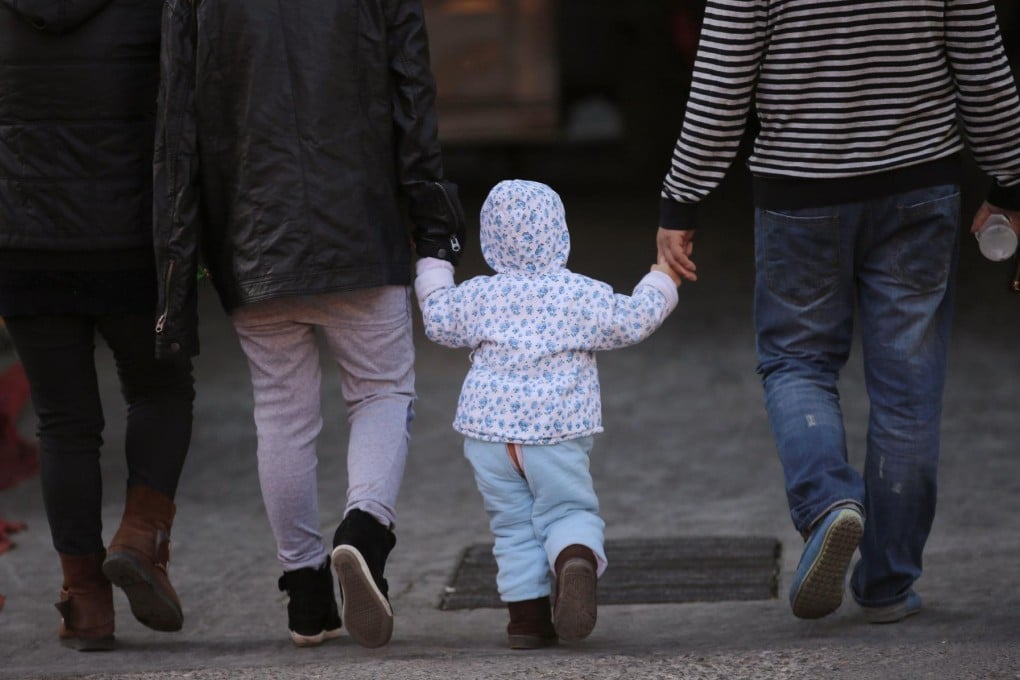Child policy shift to create housing demand
Analysts say need for more space to meet baby boom unlikely to drive home prices up sharply

Kelvin Xie Puching was elated when he heard that his dream of having a second child was a step closer to reality, courtesy of the Communist Party's announcement that it would soon relax its long-standing one-child policy.
"Most of my friends and I are of the view that it is much better to have two children instead of just one in a family," said Xie, a senior associate director at DTZ's Shenzhen office. "If we grow old, for instance, it's best to have two children who can share the responsibility of taking care of us."
He now has an eight-year-old son and said he and his wife were keen to have another child.
In a communiqué issued on November 12, at the end of its third plenum, the party's Central Committee announced that couples would be allowed to have a second child if one partner was an only child.
The central government will increase housing supply … to meet growing demand
The move is apparently aimed at blunting the adverse economic and social impacts of an ageing population and shrinking workforce. The central government has left it up to provincial authorities to decide when to introduce the reform.